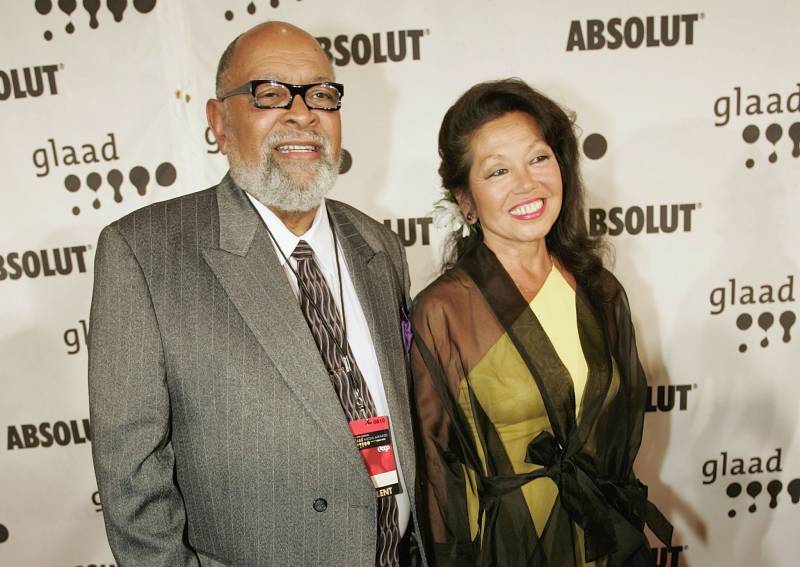Mirikitani joined Glide Memorial Church in 1964, a year after Williams arrived in San Francisco to lead the congregation. Shaw worked closely with the couple over the years in various community initiatives and saw the pivotal role Mirikitani played behind the scenes.
“Janice was a powerful force of moral authority, but she never wanted to take the stage from Cecil,” Shaw said. “You will not see her name in the records of what occurred in history at Glide. ... Cecil actually told me in 2015, ‘Randy, You have no idea how much Janice did but she doesn't get credit for.’ ”
With Mirikitani's help, Williams transformed services into “celebrations." The church's congregation grew from roughly 30 members to nearly 10,000 members, making Glide the largest Methodist church in Northern California and one of the largest in the nation.
In 1965, Glide opened its doors to Vanguard, one of the first gay rights advocacy groups in the country. Williams offered Vanguard a meeting space, which, according to Shaw, led to some pushback from some in the congregation.
Mirikitani, Shaw says, dismissed the criticism and pushed for Glide to be a space that actively welcomed members of the LGBTQ community, becoming "a hero to the gay community in the Tenderloin."
In a statement, Mayor London Breed praised Mirikitani's work. “Jan Mirikitani was one of our city’s true lights. She was a visionary, a revolutionary artist, and the very embodiment of San Francisco’s compassionate spirit," Breed said.
“She served our most vulnerable residents for decades and provided a place of refuge and love for all.”
Mirikitani led the Glide Foundation and was executive director of the Janice Mirikitani-Glide Family Youth and Child Care Center.
“Janice was a force of nature,” Glide President and CEO Karen Hanrahan said. “She was fearless and transformational in the honesty with which she loved us all and held us all accountable. Janice’s legacy and her unique, powerful voice is all around us. It will continue to inspire Glide’s work as we transform hearts and minds, and the landscape of poverty and homelessness, in San Francisco.”
